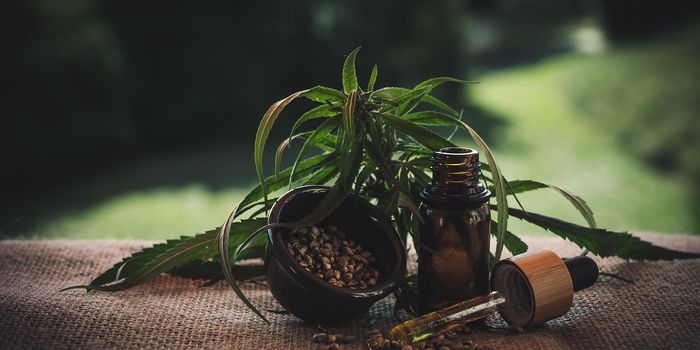How Liquid Biopsies Can Teach Us About Cancer Drug Resistance
Cancer patients often endure challenging treatment courses to shrink their tumors, but the tumors can make a powerful comeback. If cancer drugs become resistant to treatment, clinicians want to be able to find out quickly so they can try an alternative approach. In a tumor-sampling technique called a liquid biopsy, patient blood is collected so that DNA shed from tumors can be isolated from it. In a new study, this circulating tumor DNA, (ctDNA), was used to assess the genetic composition of tumors, and how they evolve resistance to drugs. The findings have been reported in Nature Medicine.
"Remarkably, we found that nearly every patient we analyzed had developed not just one, but multiple drug resistance mechanisms simultaneously, and this may be more common than we previously thought," said the co-senior author of the report Gad Getz, a director of the Cancer Genome Computational Analysis Group at the Broad and the Paul C. Zamecnik Chair in Oncology at the MGH Cancer Center. "That is a real paradigm shift and will force us to rethink not just the biology of cancer drug resistance but also how we approach it therapeutically in the future."
This report helps show why cancer is so hard to eliminate once it’s gained resistance. It has also provided insight into the mechanisms that lead to drug resistance and potential therapeutic approaches.
Liquid biopsies are not used often in the clinic; invasive tumor biopsies are commonly used instead. Tumors are usually made up of cells with different genomes. Since liquid biopsies can capture a wide variety of DNA from various tumors, the researchers wanted to know whether they could help reveal more about drug resistance in tumors.
In this study, 42 volunteers undergoing targeted treatment for different kinds of gastrointestinal cancer had tissue and liquid biopsies when signs of drug resistance emerged. The research teams of Getz and co-senior author Ryan Corcoran, an investigator at MGH and Harvard Medical School, used computational tools created at the Broad Institute, called PhylogicNDT, to analyze the ctDNA that was collected. In almost 80 percent of cases, clinically relevant genetic changes associated with drug resistance were revealed by the liquid biopsies but were not found using standard tissue biopsies.
"This study is the largest to date to directly compare liquid biopsy to tumor biopsy in the setting of cancer resistance," said Corcoran. "Our findings suggest that liquid biopsy may be the preferred clinical modality for assessing how patients' tumors have evolved after they've become resistant to therapy."
More work will be needed to understand how tumors gain resistance to cancer drugs, noted the scientists. "To really map out the full landscape of cancer resistance mechanisms, we need much larger studies that span a variety of drugs and cancer types," added Getz. Learn more about liquid biopsies from the video.
Sources: Science Daily via Broad Institute of MIT and Harvard, Nature Medicine









